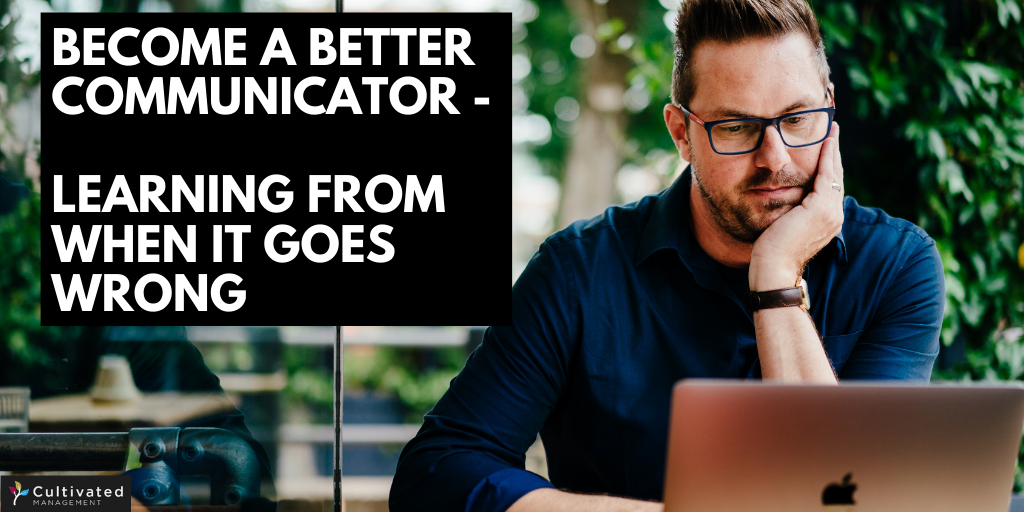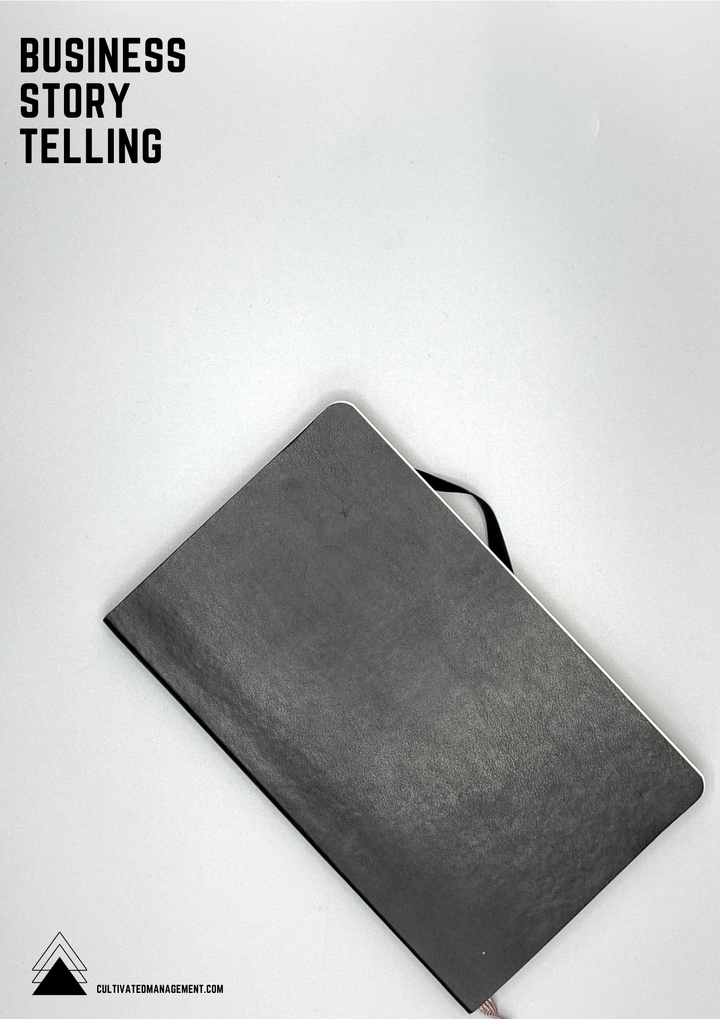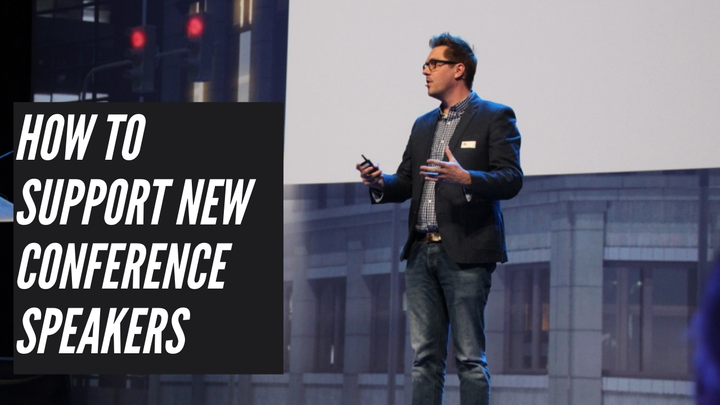Be a better communicator - 6 ways to learn from communication mistakes

Become a better communicator by learning from when things go wrong or you have an interaction you regret. Communication skills and behaviours require a lot of practice. They aren’t something we can read about and suddenly implement. Our personalities, seasons of life, motivations, mood and more deeply affect our ability to communicate effectively. The trick to becoming a better communicator often lies in practice – and then learning from when it didn’t go well. Learning from our mistakes. Mistakes are an opportunity to make the ourselves a better communicator.
- Why did I not stand up for myself in that meeting?
- I wish I was more assertive when I spoke with my colleague.
- I wish I’d not spoken so much and maybe listened more.
- I wish I’d not reacted in that way.
Any of these statements resonate with you?
Read on, or watch the video, or both!
Become a better communicator by preparing in advance
One of the best ways to avoid mistakes in communication is to prepare in advance.
To become a better communicator its important to prepare for the context in which the communication will take place.
Think about the sorts of questions you’ll get asked and prepare for them.
Think about the topics you’ll be covering and plan how you’ll cover them.
Write out what you’re planning to say, or bullet point the main ideas.
We often have to psychological prepare ourselves for some interactions, so it maybe you need some time to get your head straight. Prep and practice. Practice is preparation.
Learn to control emotions
Often, the interactions I regret the most, are the ones where I have let my emotions take over. Someone says something that pushes a button, or I feel so strongly about a subject that I cannot control my emotions.
But it’s important not to respond.
Responsibility is the ability to respond – and we all have this. We could respond in a way that is professional, kind and courteous, rather than what our emotions are telling us to do.
It’s easier to say this than do it and it’s something I am continually working on.
Learn to communicate
It goes without saying really that learning to be a better communicator will help you have fewer regrettable interactions.
Listening, presenting, understanding your audience, making clear notes, writing well and controlling non-verbal communication will all help you to be a better communicator.
I cover all of this and more in my online Communication Superpower Workshop.
Listen more than you talk
Many of my most regrettable interactions have been when I talked more than I listened. I waffled, or spoke over other people, or held the conversation for so long that others became annoyed.
Listening is the greatest compliment you can give someone. It’s also the best way to learn.
And when we’re listening, we’re not babbling on, confusing people with our words or dominating the conversation.
Listen more than you talk. An easy way is to make a simple dot in your notebook along a timeline for every time you’re listening. And some other symbol for when you’re talking.
Not only will doing this make you more conscious of how much talking you may or may not be doing, but it will also give you valuable insights into your behaviours.
To be honest though, we know when we’ve talked more than we’ve listened – and we often regret that interaction and dwell on it. Learning to listening is important.
Note down how to improve
Sometimes we won’t have time to prepare, or we simply haven’t done the prep. So, we may come back from an interaction full of regrets about how we conducted ourselves, or how we let people walk all over us, or how we maybe didn’t listen more.
It’s therefore important to start focusing our learning.
What could we do differently next time? What areas are there to improve on? Why didn’t it go so well? What did I do, or not do? What can I promise myself I will do differently next time?
And then crack on making our communication better.
Do you have a time machine?
The chances are you don’t have a time machine – so you cannot go back in time and do something different. The interaction has happened. That cannot be changed.
If the outcome was very dire then you may need to clean up after yourself; fix those relationships, say sorry for poor behaviour and deal with any other fall out.
But you cannot control the past, all you can do is work to ensure you are learning and behaving in positive ways in the now. The now is all we ever have. Being a better communicator is about moving forward and learning how to get better.


